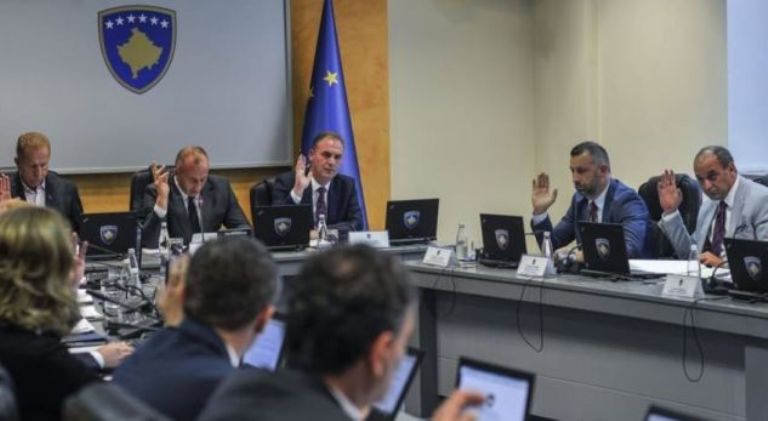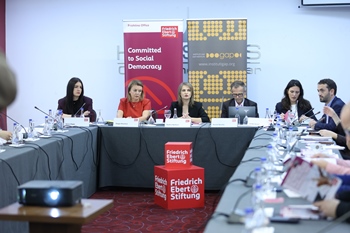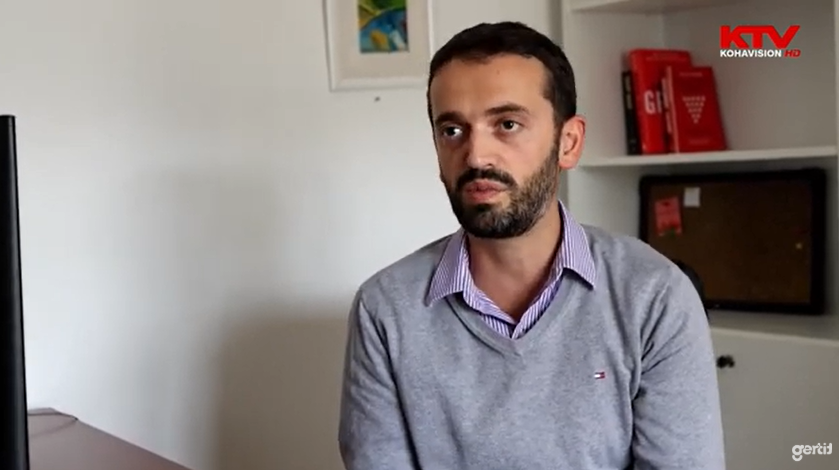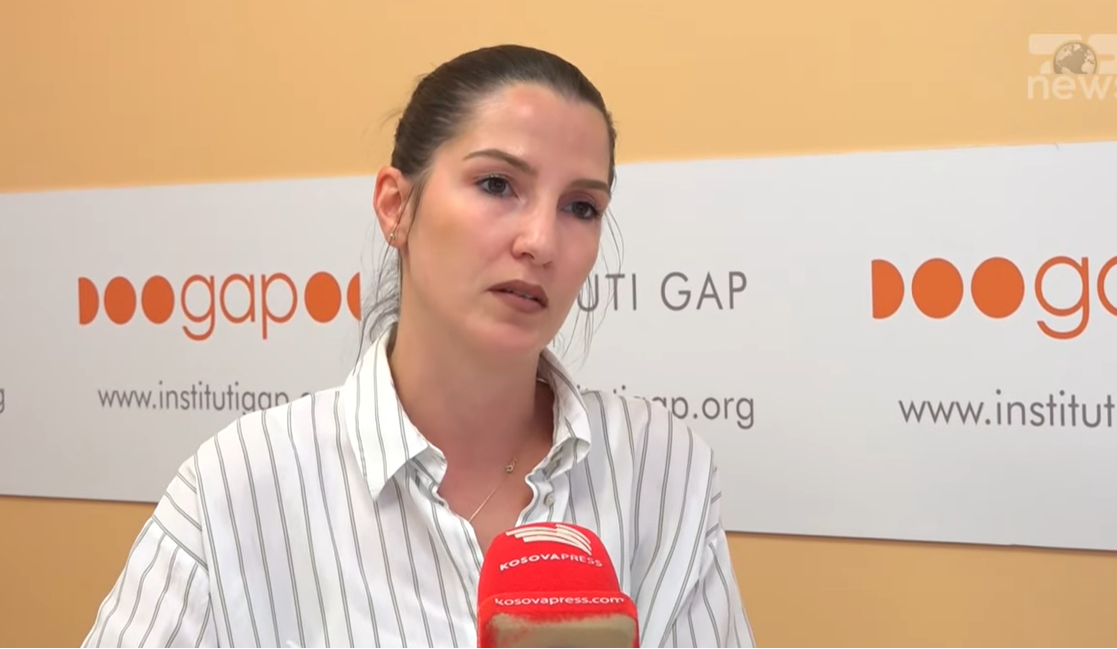Increasing the number of advisors in Governments Cabinet
08/12/2017
In the fourth meeting held on the 22nd of 2017, the Government of Kosovo took the decision no. 03/04 to approve the amendment of the Regulation 02/2011 on the Areas of Administrative Responsibility of the Office of the Prime Minister and Ministries. Through this amendment, the Prime Minister and Ministers are entitled to increase the number of political advisors, more concretely “The Prime Minister can appoint one (1) political advisor for each of the Communities: Serb community, Turkish, Bosnian, Roma, Ashkali, Egyptian, Gorani, Montenegrin and Croat”and Ministers can also appoint one (1) political advisor from the Communities”.
By the Regulation 02/2011 on Areas of Administrative Responsibility of the Office of the Prime Minister and Ministries, the number of political advisors for the Prime Minister, deputy Prime Ministers and Ministers is defined with Article 21. According to this disposition, the Prime Minister can appoint up to 12 political advisors, deputy Prime Minister (no matter if they cover any of the ministries or not) can appoint up to six political advisors and ministers can also appoint up to six political advisors. The political advisors appointed by the Minister can be shared with the deputy Minister but the latter does not have the right to appoint political advisors according to such a regulation.
The amendment of the Regulation which increases the number of political advisors increases the size of the cabinet of the government and also increases the government expenditures from the state budget. According to this amendment, except of 12 political advisors which can be appointed by the Prime Minister, their number can be further increased. If for each of the communities mentioned above (nine in total) the Prime Minister appoints one political advisor, then the Prime Minister will have 21 political advisors. If we add up the additional number of 10 external political advisors that the Prime Minister can appoint (article 32 of the same regulation), the total number of political advisors that the Prime Minister can appoint is 31.
Ministers are entitled to appoint up to six political advisors and by the above mentioned supplement, each Minister may increase the number of political advisors by appointing one political advisor and have in total seven political advisors. If we add up to this number the three external political advisors that each minister can appoint, then each minister can appoint up to 10 political advisors.
Such a high number of political advisors for the Prime Minister and Ministers create expenses of the budget in a few aspects: salaries and other benefits such as the payment for representation, office related expenses, mobile phones and other benefits that political advisors have. If we add up the number of Ministers (21), deputy Ministers appointed so far (67), it comes out that the actual cabinet of the Government is the biggest so far and consequently will have bigger budgetary implications, difficulties in coordination of efforts and division of tasks among political advisors where the Prime Minister and Ministers may need advice.















